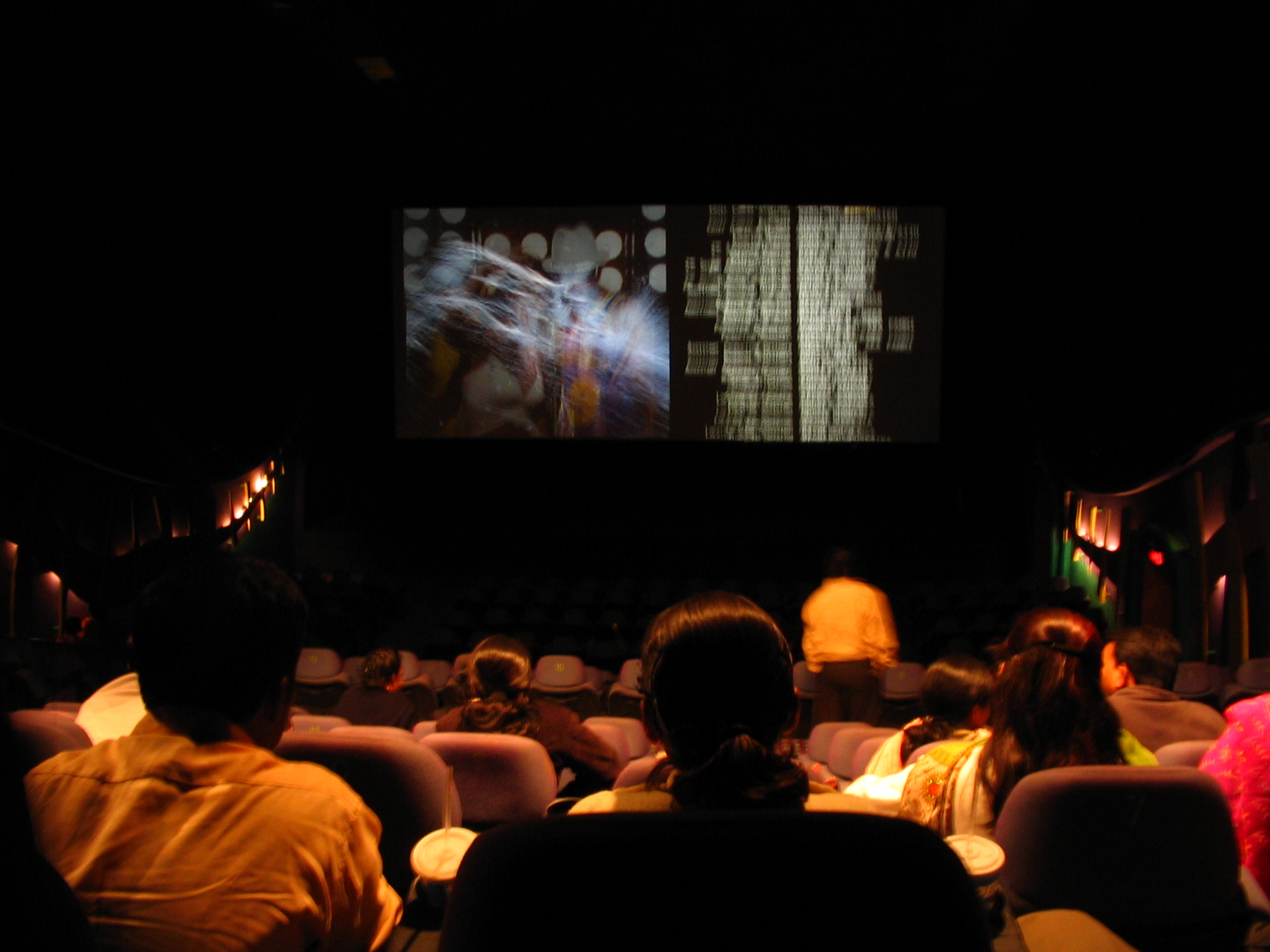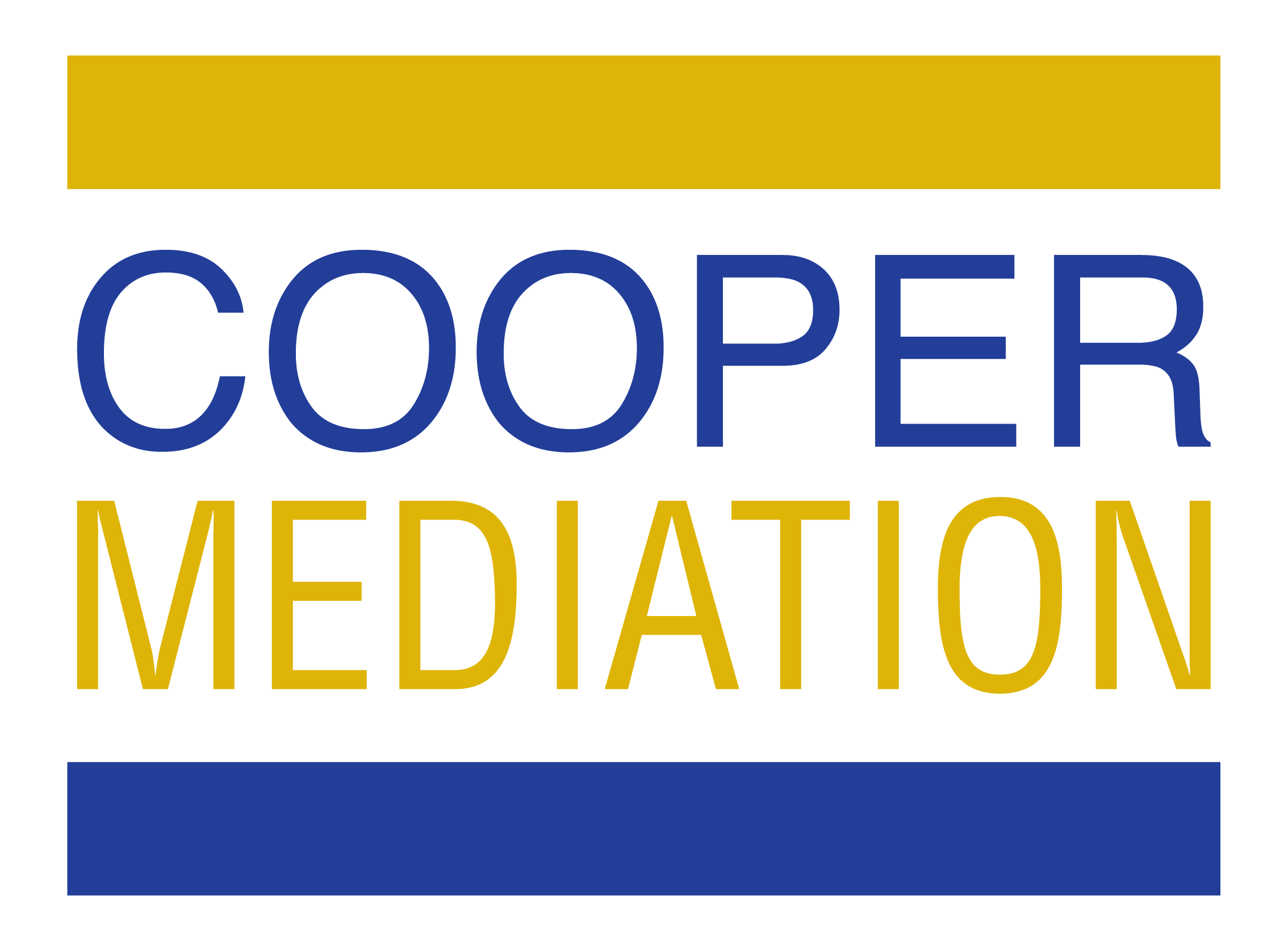
23 Jul What Movies Can Teach Us About Mediation and Negotiation
Take a moment to think of all the famous lines from the big screen that would make such an arresting statement at a mediation or negotiation table.
From “Show me the money!” in Jerry Maguire, to “Don’t tell me I can’t do it; don’t tell me it can’t be done!” in The Aviator, to The Godfather’s immortal “I’m going to make him an offer he can’t refuse,” – these are the kinds of dramatic lines some people might fantasize about using at an opportune moment during a real negotiation.
Of course, great movie scripts take a long time to write and fictional scenes are purposefully designed for maximum dramatic effect. While parties at a mediation may have a game plan or strategy for the negotiating table, they have no idea what other people at the table will say or do. Real mediations, therefore, probably share more in common with what you might encounter during a night at the improv than what you would expect to see at a cinema.
It seems filmmakers have come to a similar conclusion – there are few big screen productions centred around a mediation session. Unlike summer blockbusters about alien invasions or zombie attacks or even human wars, there are never explosions at a mediation table – outside of occasional demonstrations of hot tempers.
Moreover, although lawyers are both regular participants at real life mediations and regularly depicted on the big screen, you’d be far more likely to see them in a courtroom setting in movies where there is more potential for conflict and suspense over a final verdict. Scripts where parties inch closer together through rounds of negotiation, as they ultimately reach a mutually acceptable agreement, haven’t resulted in any studio bidding wars that I know of.
What, if anything, can the silver screen teach us about the dynamics at mediation? Actually, we can learn quite a lot if we expand our frame of reference beyond a formal mediation session to consider negotiations more generally.
In the Oscar-winning True Grit (2010), we witness several characters who must test their mettle in various encounters and negotiations. An early scene between 14-year old Mattie Ross and an experienced horse trader is a standout. Although she begins the negotiation significantly disadvantaged, her opponent seriously underestimates her and fails to use their discussions to learn about her reasons for making a trade. She is able to leverage her BATNA (best alternative to a negotiated agreement) and she is able to make persuasive arguments based on a legitimate position.
Although the stakes are substantially different between a hostage negotiation (a film script favourite) and negotiations involving a personal injury case, business dispute or family matter, films about the former can still offer valuable lessons about how to reach a deal – or how to avoid negotiation breakdowns. For example, in The Negotiator (1998), Samuel L. Jackson’s character reminds us that words like ‘no,’ ‘can’t,’ ‘won’t’ and ‘don’t’ are dead ends in negotiation because they offer no possible road ahead for compromise or agreement. Sometimes simply keeping the conversation going is key to breaking what looks like a stalemate. Questions like “how can we get past this current impasse” or “what can I do to help keep the negotiation moving along” are preferred approaches.
In Hotel Rwanda (2004), which focuses on the manager of a hotel trying to protect his family and guests in the midst of a genocide, we see a situation where Don Cheadle’s character demonstrates agility and adaptability as he negotiates and mediates during extraordinarily difficult circumstances. Cheadle’s character must employ the complete negotiator’s toolbox and choose vastly different techniques depending on the situation and personalities involved.
Unlike the delusional Norma Desmond in Sunset Boulevard (1950), mediators like me know we probably won’t see depictions of ourselves getting ready for our own close-ups any time soon. That’s a shame, because fellow Torontonian Rachel McAdams would be perfect for the Logan Cooper biopic I’m writing.
The principles of mediation and techniques for negotiations are most certainly visible in many films. Moreover, regardless of the kind of movie you’re watching, paying attention to what motivates a character to act can also be helpful in honing your ability to determine what makes other mediation participants tick.
While we often watch movies to escape our realities and our own trials and tribulations, the next time you’re scrolling through Netflix listings or gazing up at a movie theatre’s marquee [a nostalgic perspective during the pandemic if there ever was one], take a moment to remember that what you’re about to watch may have valuable lessons for your next visit to the negotiating table.
ABOUT THE AUTHOR
 Logan Cooper joined the Cooper Mediation team in November, 2017 and now devotes 100% of her professional time to mediation.
Logan Cooper joined the Cooper Mediation team in November, 2017 and now devotes 100% of her professional time to mediation.
Contact Logan at: logan@coopermediation.ca or (416) 726-1344. Alternatively, you may view Logan’s Online Calendar to book a mediation: www.coopermediation.ca/logan-coopers-online-calendar/.
